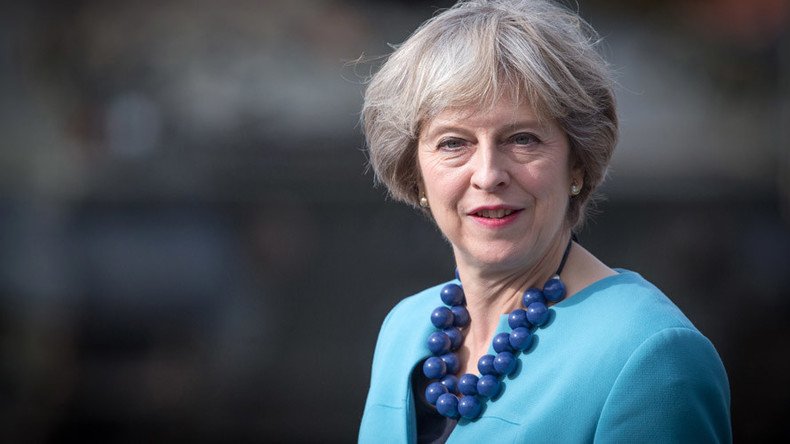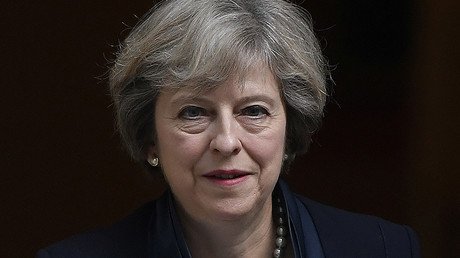UK to begin EU exit process before end of March 2017 – May

UK Prime Minister Theresa May has announced that Article 50 of the Lisbon Treaty, which governs the British exit from the EU, is set to be triggered by the end of March 2017.
When asked when Britain was to actually begin its formal divorce from the European Union, May told the BBC: “We will trigger before the end of March next year.”
PM May is preparing a bill aimed at rolling back 44 years of EU law supremacy. The document would transfer all existing Brussels laws onto the parliament’s statute books.
The Government has today announced plans to repeal the 1972 European Communities Act (ECA) https://t.co/8mvlBQm246
— Exiting the EU Dept (@DexEUgov) October 2, 2016
This will effectively repeal the 1972 European Communities Act, which has until now governed the implementation of EU laws in the UK. On the one hand, the move is considered the only correct way to achieve a ‘full Brexit’ – if that is the ultimate desire.
"It’s very simple. At the moment we leave, Britain must be back in control. And that means EU law must cease to apply," said Secretary of State for Exiting the European Union David Davis. "To ensure continuity, we will take a simple approach. EU law will be transposed into domestic law, wherever practical, on exit day."
UK transport minister Chris Grayling has announced that the "Great Repeal Bill" put forth by May will go through parliament May 2017-May 2018.
"There's some things we'll want to keep: in the area of the environment, for example, in the area of workers' rights. There are other things that we'll want to get rid of," he told ITV.
Severing ties with Brussels is, however, proving to be not as easy as expected. The process will also necessitate MPs going through the laws manually and deciding which to keep and which ones to scrap – a process that could take decades before British MPs finally have full control of the nation’s affairs.
The serious commitment to breaking away from the EU is May’s first decisive move since settling into No.10 in July, although it was certainly not unexpected: repealing the European Communities Act had been a cornerstone of the Leave campaign during the EU referendum.
Speaking to the Sunday Times, May announced the plan as “the first stage in the UK becoming a sovereign and independent country once again.
“It will return power and authority to the elected institutions of our country. It means that the authority of EU law in Britain will end.”
The plan seeks to reassure government critics that it will include all the positive benefits the British received while under Brussels. This is expected to include things like parental leave and automatic holiday.













